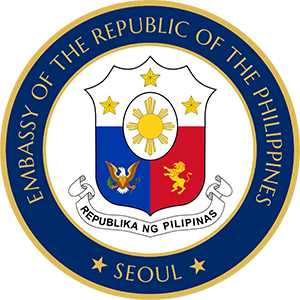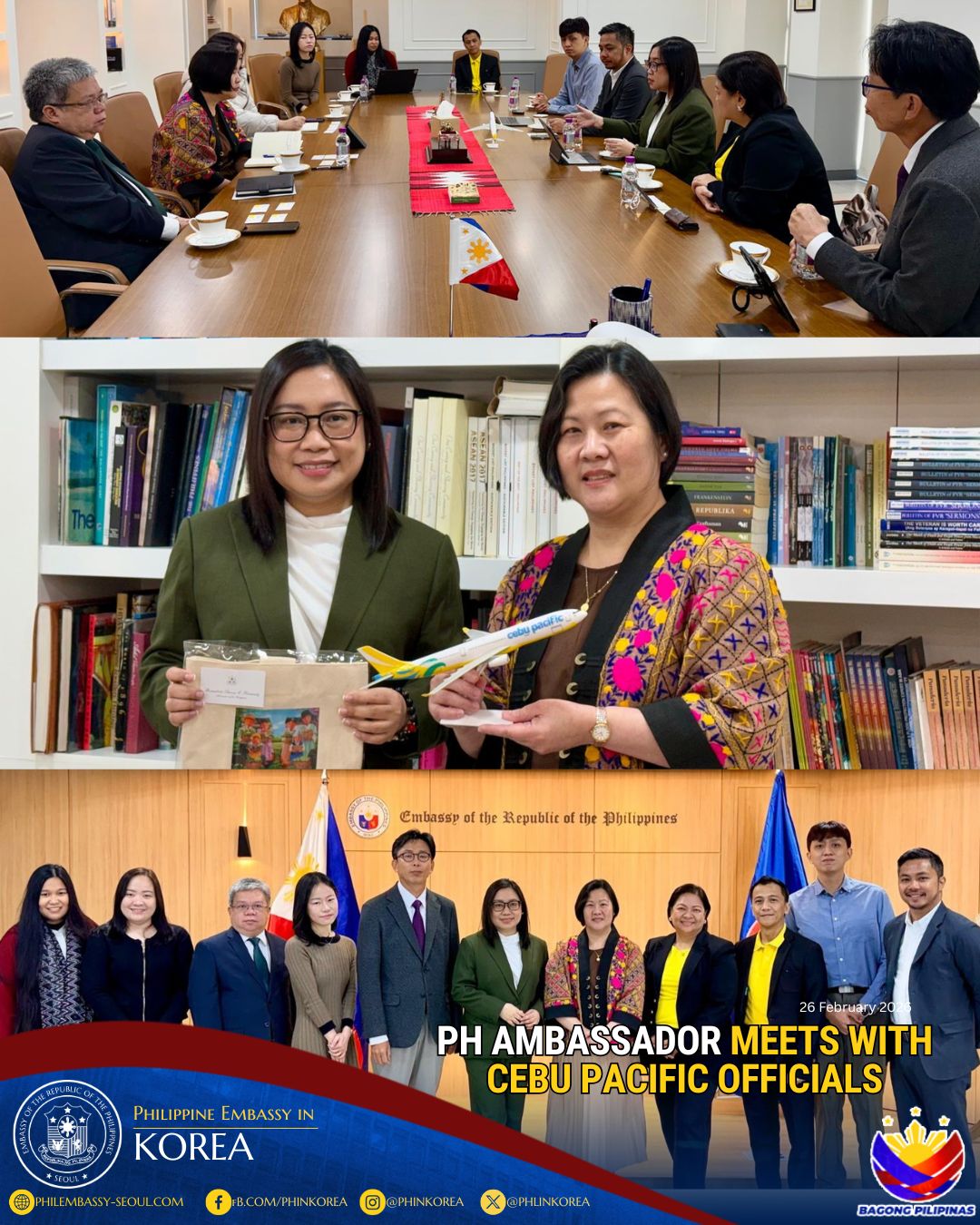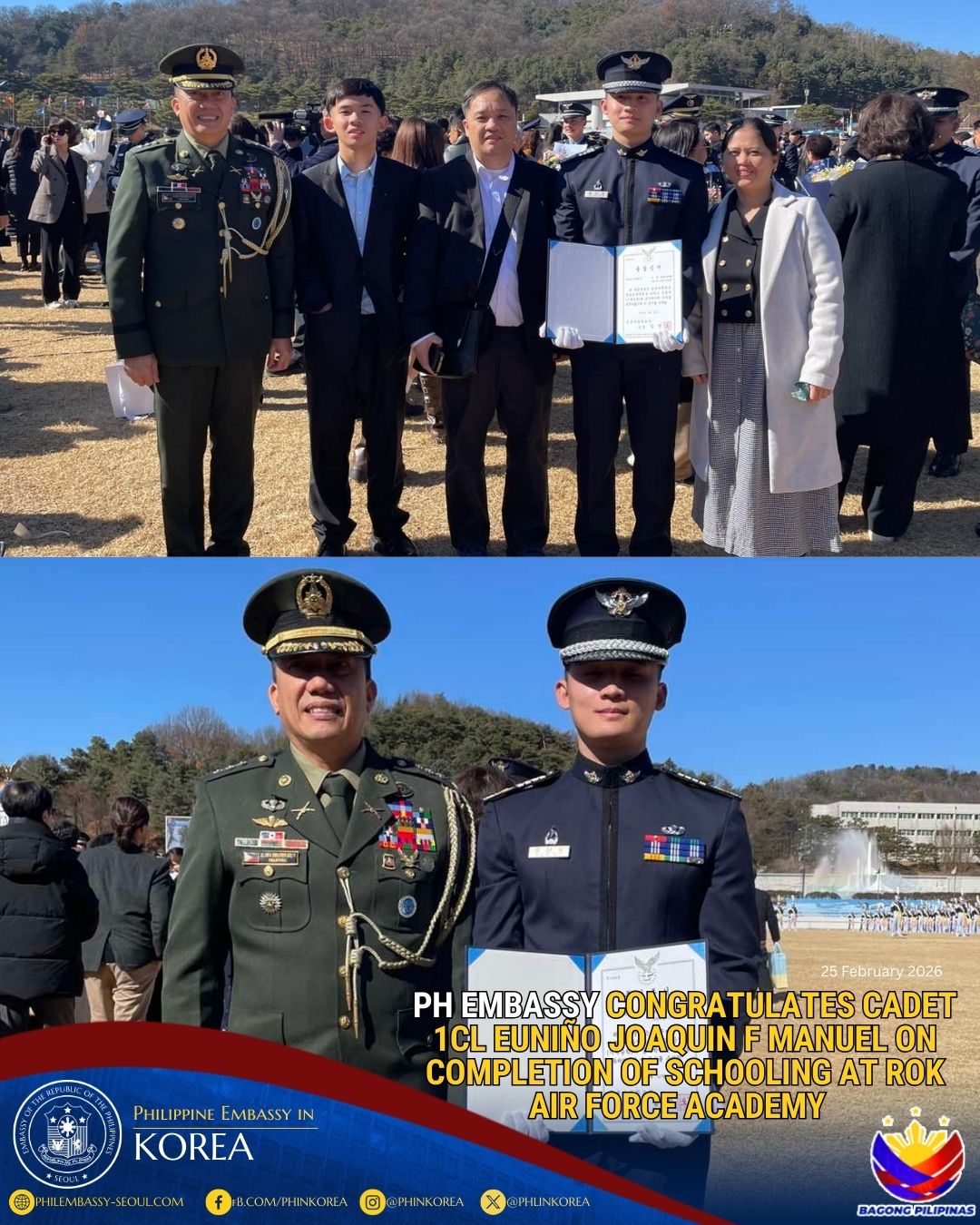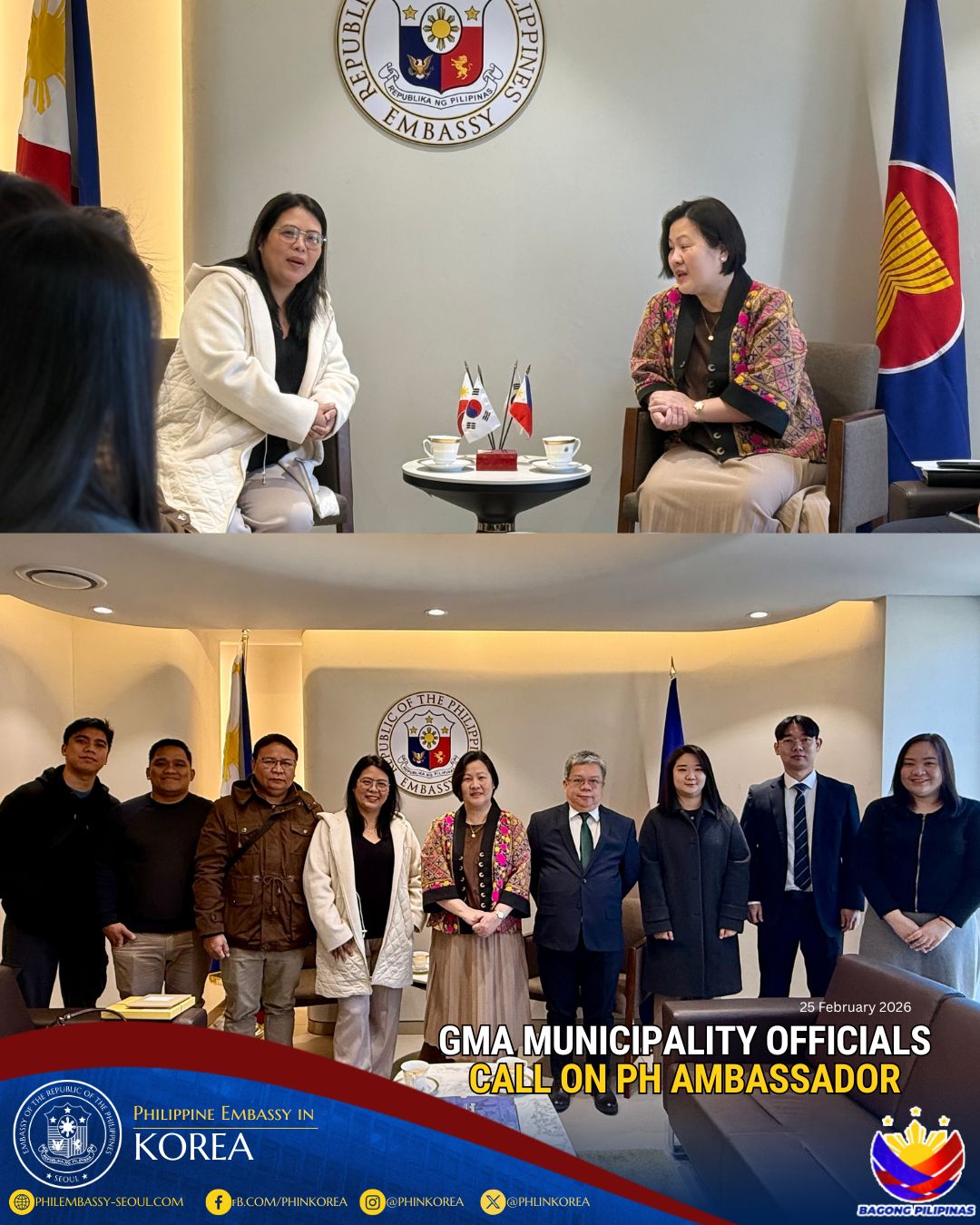Urban planners need to remember that leisure activities are just as important as the parks and streets they take place on
Urban planners have addressed the issue of population growth all over the world. In countries like Korea and Japan high-rise residential areas are sprouting here and there to accommodate more people in major cities. “New towns†are established on the outskirts of crowded cities that are equally accessible and self-sufficient in many aspects.
Take, for instance, my current residence. The developer has envisioned a home not only within the clusters of buildings but also around the open spaces as well. Patches of flowering plants and trees surround the buildings. Fountains, mini-amphitheater-like spaces, sculptures, rock gardens, even murals are a common sight. Nontraditional playgrounds for children are strategically situated, fully matted with all-weather flooring. For adults, outdoor fitness equipment is permanently set up. Several jegichagi courts are laid out which could be converted to modified tennis, badminton and volleyball courts. Countless wooden benches are spread out where retirees often get the luxury of rest and sunshine they need. “Korean gazebos†of different designs are all over. Right at the center of the compound is a small hill, encircled by a combination of wooden stairs and earth. In addition, a music academy, fitness gym and day care centers are available in the compound. A natural hill dotted with ancestral burial mounds provides residents a glimpse of the past. Elderly farmers busily plant vegetables on soil untouched by urbanization. All over, the hilly parts provide places for hiking, picnics and meditation. And in the distance are the city lights at night, the KTX and highway and all the realities of modernity. This may still be an ideal setting for one who comes from a developing country. But trends in urban planning have gone beyond physical environment development for commercial and residential areas. Safety and accessibility are a priority. Health has also been recently a focus. Physical fitness and exercise is well-provided for. In some cases, there may be aesthetic cultural expressions as well as self-contained leisure opportunities. However, the superficial environments only promote an “individualistic community.†There may be countless people living inside of each building, but even inside the elevator one is unable to be friendly with neighbors. The physical environment is well-equipped with just about anything one can think of doing for leisure. A knowledgeable resident can maximize the use of these facilities, but only as an individual. The environment should, therefore, provide for more socialization among its residents in varied forms. And to initiate some form of socialization, leaders and specialists should be tapped. Urban planners need to include specialists who will be able to realize the purpose of what they have created - humane living. Interaction among residents from time to time would be needed so that maintenance of the whole community is assured. Who should initiate such special gatherings and events? Mass leisure should also be provided for small communities like this. More than just cleanliness, physical upkeep and maintenance personnel need to be provided. Leisure educators, counselors, and recreation leaders should be readily available to demonstrate untapped leisure opportunities. This will complete the scenario of encouraging socialization among residents during leisure time. While we have looked into contained communities from a wider perspective, the public communities now constitute a growing concern, especially among policy makers. From April 7 to 11 the world will celebrate World Health Day with “1,000 Cities, 1,000 Lives†as its theme. This World Health Organization initiative is a campaign to encourage more cities to open their streets and open spaces to the public to assure their participation in a healthier and more active lifestyle. Away from individual residences, the streets can provide not only a bigger physical space for people to enjoy leisure activities, but such areas also contribute to the health and wellness of both people and the environment. Along an open street people have a variety of choices - passive and active recreation, individual or group leisure, creative art and business opportunities. Closing streets on certain days also reduces pollution. In Korea, five cities to date have registered to participate in this event. In the Philippines there are 24. In such car-free zones, activities vary, from mass-exercise demonstrations and flower viewing to special art exhibitions and cleanup drives. This is an opportunity for agencies in the community to plan and work together to possibly carry out such viable programs on a regular basis. With all the technological advancements, leisure has become a concern of many planners in an effort to integrate healthy and active leisure lifestyles. Many are attempting to make their cities and communities “leisure cities.†In urbanization and urban planning we speak of warm human bodies, not walls or streets or buildings. Therefore, leisure venues and opportunities are not all that we should plan for. Above all, leisure education should be provided. *The writer is University of the Philippines Visiting Professor at Woosong University and a member of Phil-RPG.


 March 05, 2026
March 05, 2026
 March 03, 2026
March 03, 2026
 February 27, 2026
February 27, 2026
